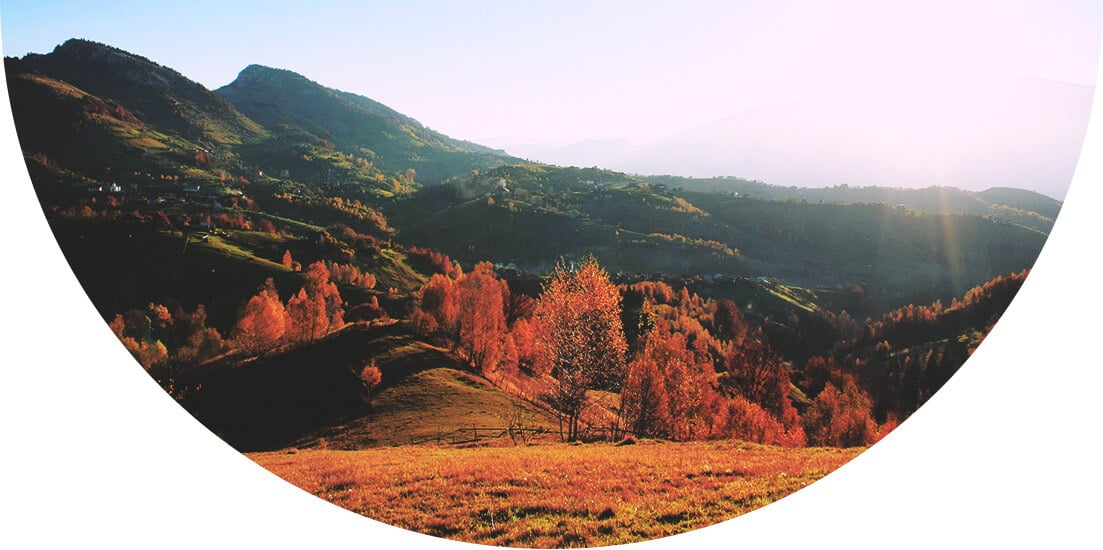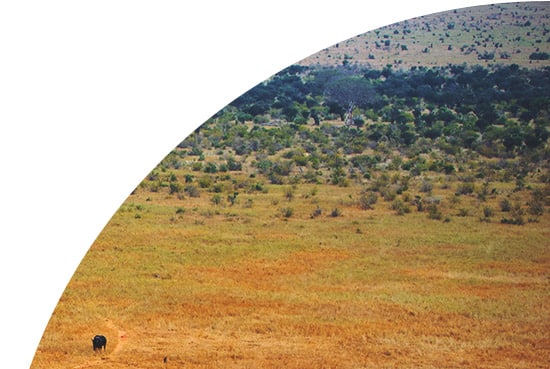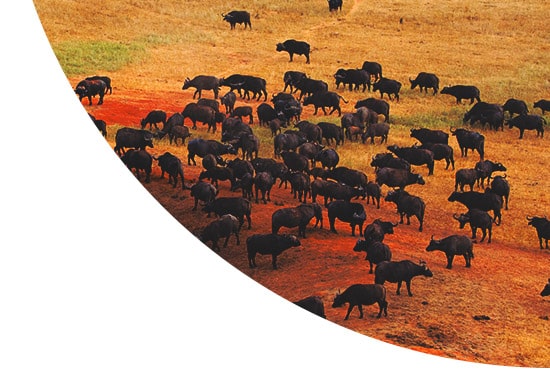Rift Valley fever (RVF) is an acute, fever-causing viral disease that usually affects domesticated animals (such as cattle and sheep), but can also infect and cause illness in humans. The majority of human infections are caused by direct or indirect contact with the blood or organs of infected animals.


Travel Vaccinations for Burundi
Recommended Vaccines for Burundi
The level of protection needed depends on your medical history and travel itinerary. Book now to get a personalised recommendation from our specialist travel nurses. The consultation costs £20 plus any vaccines you decide to take.
Vaccines Advised To Some Burundi Visitors
Flexible appointments with no upfront payment
Book Now
Destination Information for Burundi
The small country of Burundi in the East of Africa is bordered by Rwanda, Tanzania and the Democratic Republic of the Congo. Despite a tragic history of civil war and economic unrest, Burundi’s inhabitants are friendly and upbeat, and the country has a rich culture and tradition of art, dance, music and handicraft. Tourism is very limited here due to the current security situation, so if you’re considering a trip, make sure you remain fully informed of the risks involved.
For those who do make the journey off the beaten track to visit Burundi, you’ll be rewarded by some spectacular scenery and views. The Natural Reserve of Rusizi is very close to the country’s capital, Bujumbura, and here you can see antelopes, hippos, crocodiles and many birds in their natural habitat. Moving away from the capital towards the east, Gitega is a large market town with a museum, where you can learn about the traditions and handicrafts of Burundi throughout history. Burundi boasts a varied landscape of lakes, mountains and vistas, and the differences in altitude means the temperature varies from one region to another. Hopefully in the future the situation in the country will stabilise making travel and tourism safer and more widely offered, so that more people can experience this beautiful place.
Infections and Outbreaks frequently change from country to country and by attending our clinics you will be given the most up to date clinical and safety advice from our team of specialists. Our advice to you often includes aspects such as:
- Food and water hygiene
- Insect and animal bite avoidances
- Personal safety
- Sexually transmitted infections
- Sun protection
- Altitude sickness
Malaria and regions within country:
There is a high risk of P.Falciparum malaria throughout the country and anti-malarial medication is advised.
Additional Health Risks Information for Burundi
Currently, all but essential travel to Burundi is advised against by the Foreign and Commonwealth Office. This is due to political instability and violent incidents, with security concerns in major cities and in rural areas, particularly routes running between towns and cities. If your visit is essential and you do decide to go ahead with your trip, be extremely vigilant about your personal safety and security. Crime against foreigners is commonplace, with minor theft and pickpocketing a daily occurrence, as well as more serious robberies, muggings and attacks. Stay at a hotel which has security in place, and avoid walking around without a guide. If you are travelling within the country, allow time to do so during daylight, planning stopover in towns along the route if necessary. Keep your car doors and windows locked, and avoid public transport.
Burundi is a yellow fever and a high-risk malaria zone, so consult a travel clinic for all the necessary vaccines, malaria tablets and necessary travel health advice before travelling. Avoid bathing in lakes and rivers due to the risk of Schistosomiasis caused by a fresh water parasite.



